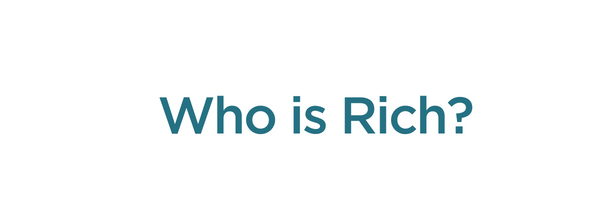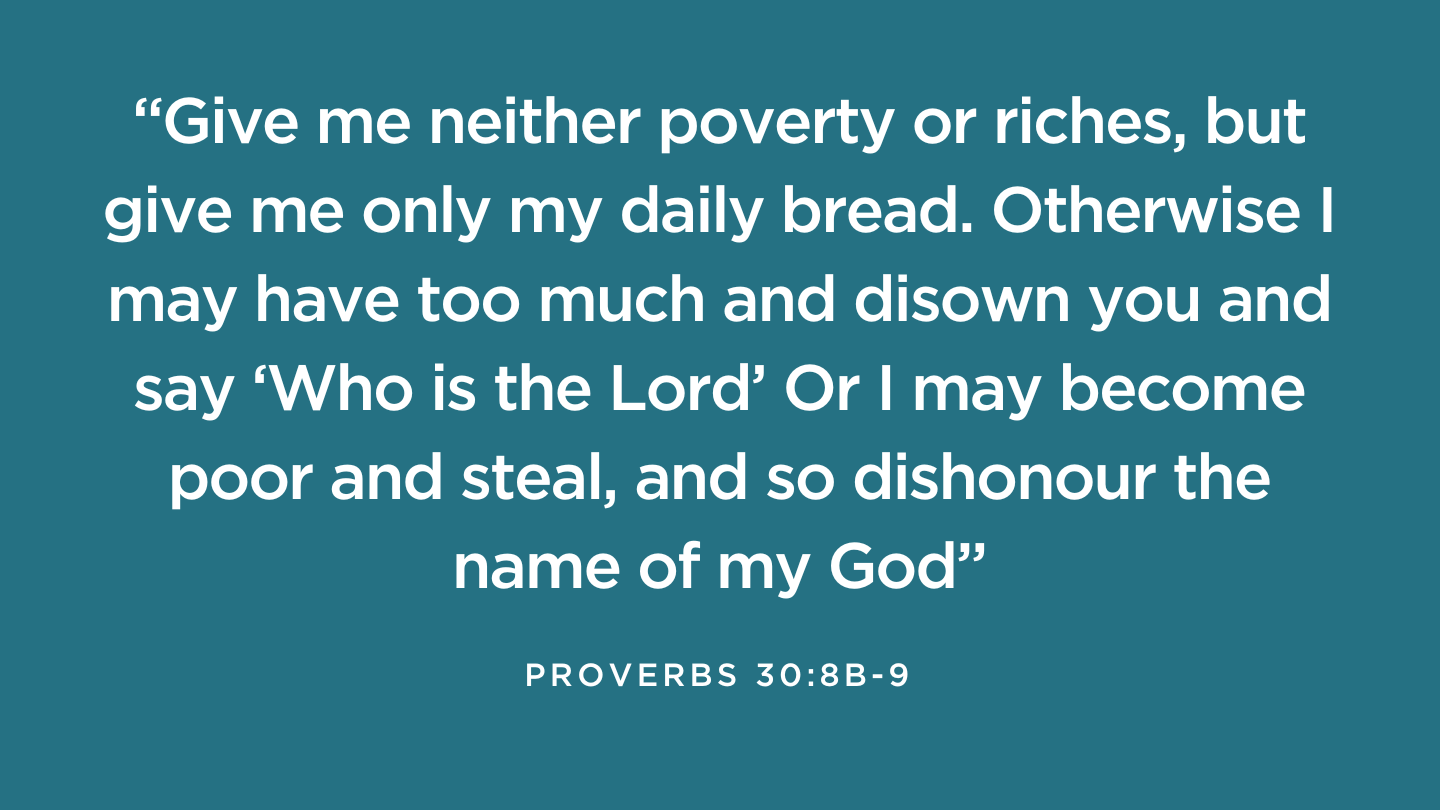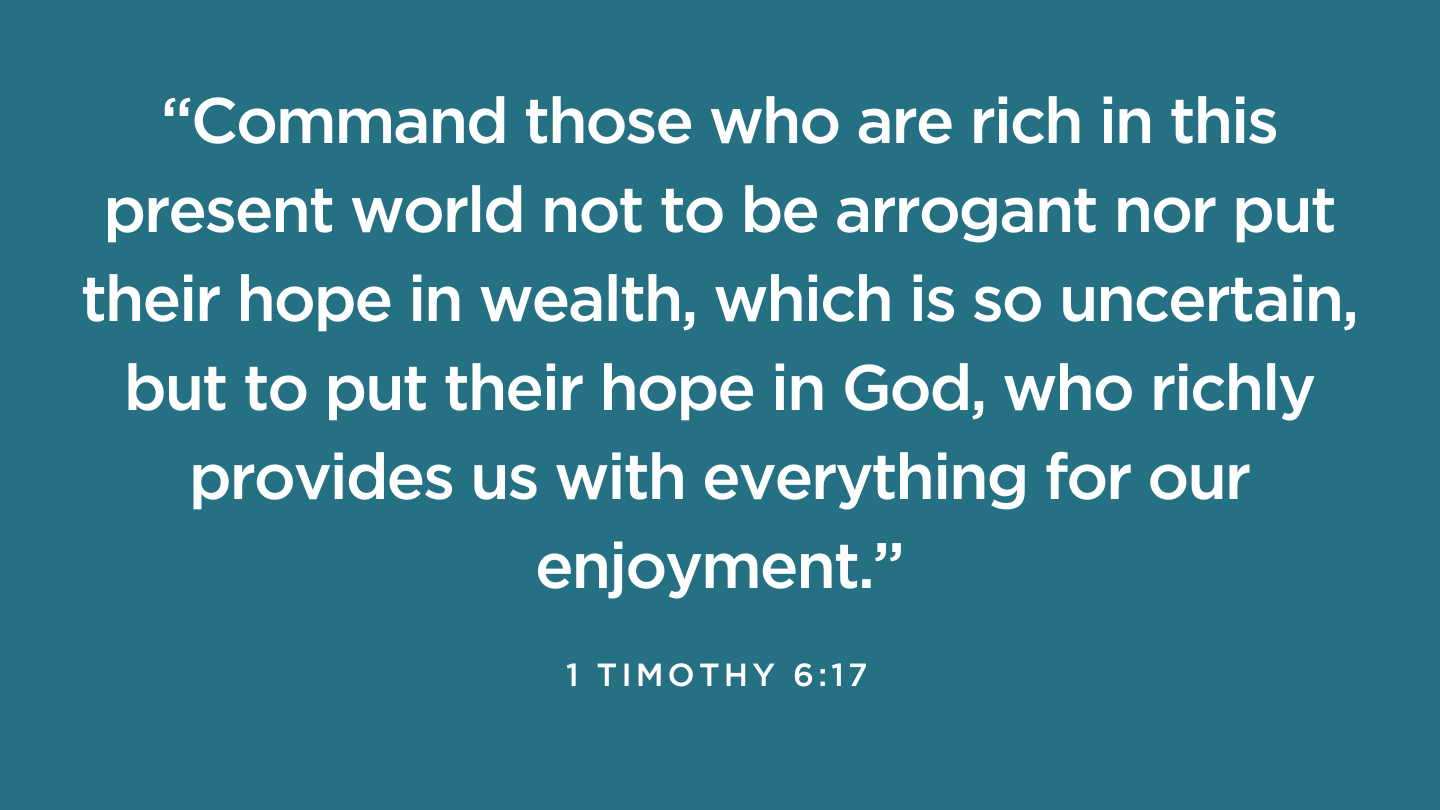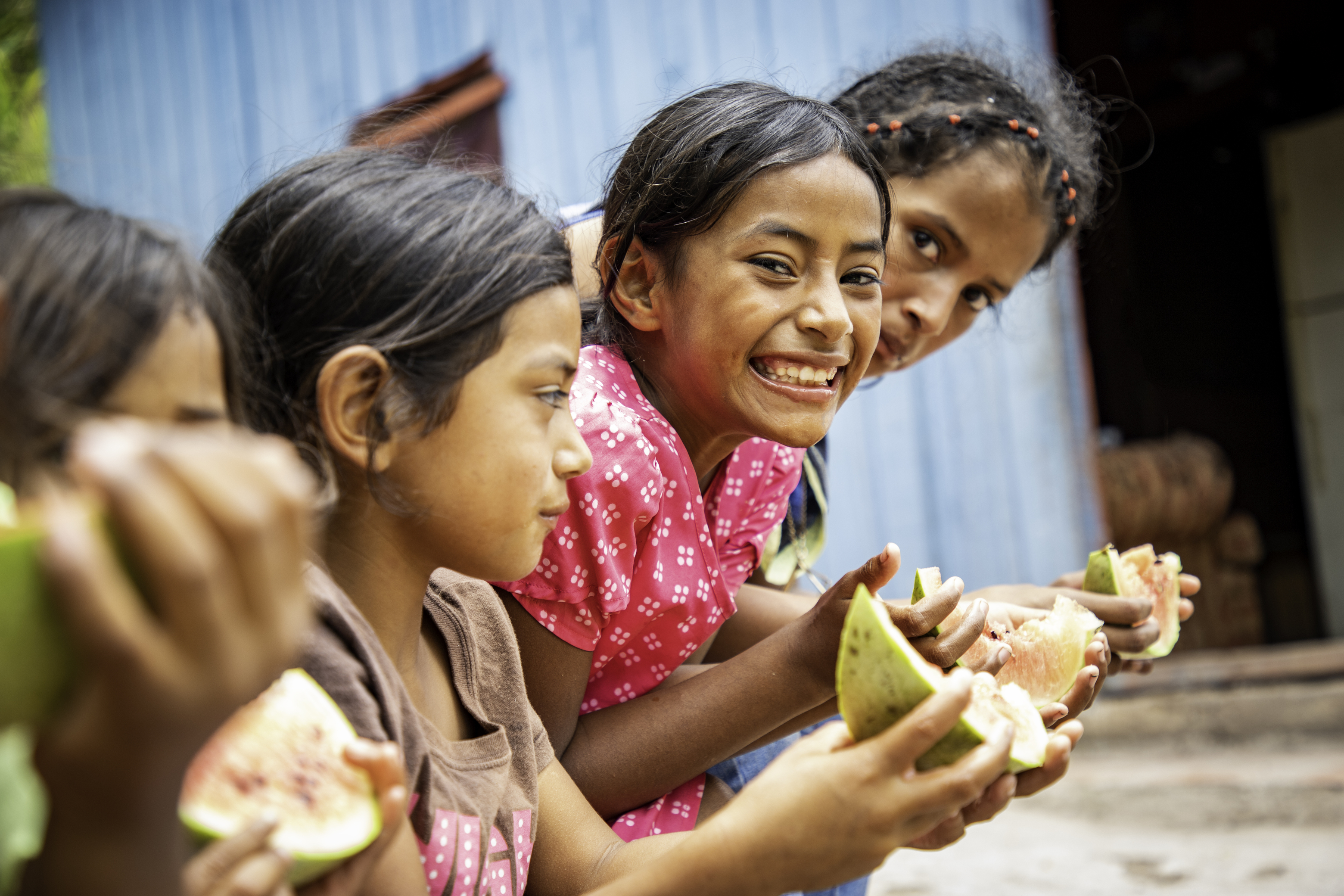Eyes to SeeSample



Many of us define " rich " as “people who have more than we do.” We probably all know someone who is richer than us—someone who can afford nice vacations, new cars, and a bigger house. When we hear of the inequality in the world between the wealthiest and the poorest, many average Canadians wouldn’t think of themselves. Consequently, we can easily skip past the verses in the Bible that address rich people, thinking they are meant for someone else.
Whether we recognize it or not, most Canadians are rich by world standards. In 2022, if you make $50,000 a year, you are in the top 3% of earners in the entire world. You can visit howrichami.org to learn more.
There is a significant difference between Canada's average lifestyle and those living in extreme poverty.
Think about ordinary tasks like laundry or cooking food. How long would these take you without electricity, appliances, or access to nearby conveniences like a laundromat? Imagine walking several kilometers with your laundry to a questionable water source and spending most of the day scrubbing, wringing, and hanging it up and or having to form cow-dung patties by hand to use as cooking fuel or having to dry and preserve foods at home because there is no access to refrigeration.
There are other measures of wealth, too. Do you own a bicycle or car? Is your roof made of dried leaves or something more sturdy that doesn’t leak? Can you eat some form of protein regularly? Can you access medical and dental care? Do you have running water? In many contexts, these things that we might consider basic necessities are considered luxuries.
The Bible doesn’t condemn wealth in and of itself. We see in 1 Timothy 6:10 that “the love of money is the root of all evil.” Paul then continues saying,

“Command those who are rich in this present world not to be arrogant nor to put their hope in wealth, which is so uncertain, but to put their hope in God, who richly provides us with everything for our enjoyment” (1 Timothy 6:17). God gives us good things “for our enjoyment.” It’s not wrong to enjoy God’s provision. In the very next sentence, Paul writes, “Command them to do good, to be rich in good deeds and to be generous and willing to share” (1 Timothy 6:18).
Finding the balance between enjoying God’s good gifts and doing good with them is part of being a disciple of Jesus.
Wess Stafford, President Emeritus of Compassion International, offers wisdom regarding this balance: “The opposite of poverty isn’t wealth. The opposite of poverty is enough.” The goal isn’t to drag those with wealth into poverty or for those living in poverty to become flush with riches. God wants us each to have enough. Consider what does “enough” look like in your life?

Reflect:
- Are you looking at the reality around you, or are some people invisible? What is the hope that enables you to look at reality?
Pray:
God, it’s not a stretch to say that we can only bear so much reality. Thank You for reminding us that You can handle all reality; that is exactly what you did in dying for all of us on the cross. Over the next six weeks, would You help me begin to see what You see? Would you help me to see through a lens of hope that You are already working in the darkest corners of the world? Thank You for seeing me where I am right now. Amen.
Scripture
About this Plan

Jesus had compassion, especially for those facing poverty, injustice, and inequality. What is our response? Do you see the world the way God does? If you want to go deeper and understand the spiritual root of poverty, join us for this 42-day video-assisted bible study from Compassion Canada. Ideal for group study or a challenging personal journey. Abridged and Updated.
More
We would like to thank Compassion Canada for providing this plan. For more information, please visit: http://cmpsn.ca/YV
Related Plans

HZY | BRP Week 1 - Introduction to Faith

Revelation | Reading Plan + Study Questions

Two-Year Chronological Bible Reading Plan (First Year-July)

The Creator’s Authority: 5 Steps to a Fearless Creative Life

Faith in the Process: Trusting God's Timing & Growth

The Thief of Everything

Who Is Jesus? 7 Days in the 'I Am' Statements

Why You Feel Broke and Why Scrolling Makes You Poor

Identity & Temptation
